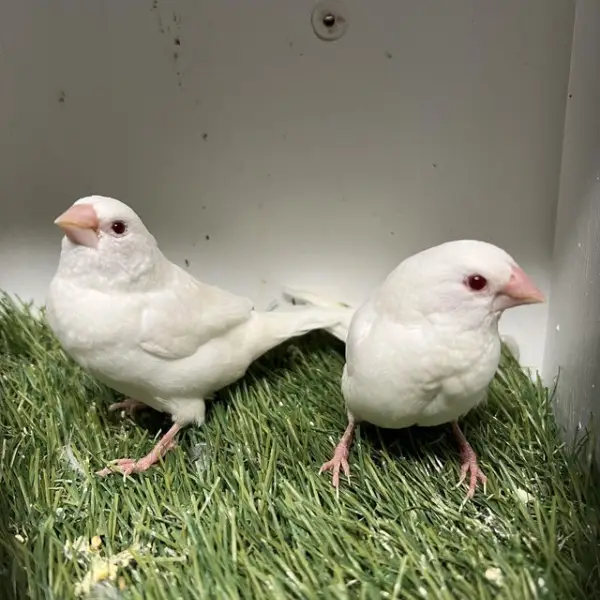-
×
 Red Eyes Bengalese
1 × ₨ 3,000
Red Eyes Bengalese
1 × ₨ 3,000
Subtotal: ₨ 3,000
Free shipping order over 20,000
₨ 875,000 Original price was: ₨ 875,000.₨ 700,000Current price is: ₨ 700,000.
Size:
Approximately 45 to 50 cm (18 to 20 inches) in length.
Weight:
Around 800 to 950 grams (1.7 to 2.1 pounds).
Color:
Eyes:
Dark brown or black, with a distinct black pupil.
Legs and Feet:
Gray, with zygodactyl toes (two toes facing forward and two backward), providing excellent climbing and gripping capabilities.
Important Keys:
Habitat
Distribution:
The Triton Cockatoo is native to New Guinea and some surrounding islands. It is one of the subspecies of the Sulphur-crested Cockatoo.
Environment:
They are found in a variety of environments, including tropical rainforests, mangroves, and coastal woodlands. In captivity, they require a large aviary or spacious cage with plenty of toys, perches, and mental stimulation.
Diet
Primary Food:
In the wild, their diet includes seeds, fruits, berries, nuts, and occasionally insects.
Captivity Diet:
In captivity, they should be provided with a balanced diet of high-quality pellets, fresh fruits, vegetables, and nuts. Fresh water should always be available.
Feeding Behavior:
Triton Cockatoos are active foragers, using their strong beaks to crack open nuts and seeds. They enjoy a variety of foods and benefit from having toys and branches to chew on.
Breeding
Breeding Season:
The breeding season varies depending on the region but often occurs during the dry season.
Nest Location:
They nest in tree cavities. In captivity, a large nest box with appropriate bedding is essential.
Egg Quantity:
Clutches typically consist of 2 to 3 eggs.
Incubation Period:
The incubation period lasts about 25 to 30 days, with both parents sharing the incubation duties.
Fledging:
Chicks fledge approximately 10 to 12 weeks after hatching.
Lifespan
In the Wild:
Triton Cockatoos can live up to 40 years in their natural habitat.
In Captivity:
With proper care, they can live up to 60 to 70 years or more.
Behavior
Temperament:
Triton Cockatoos are known for their intelligence, curiosity, and strong personalities. They are social birds that form strong bonds with their caregivers and require experienced handling due to their size and strength.
Social Interaction:
They thrive on social interaction and mental stimulation. They enjoy playing with toys, learning tricks, and spending time with their caregivers. Triton Cockatoos can be very affectionate but also require consistent training and attention.
Vocalization:
Triton Cockatoos are very vocal, capable of producing loud calls and screams. They can also mimic sounds and speech, but their vocalizations can be quite loud and may not be suitable for all households.
| color | blue, grey, green, violet, white, yellow |
|---|
Sign Up for Exclusive Birds Care Tips and Offers from Phool Panchi
© 2024 Phool Panchi | Developed By v3Studio
WhatsApp us
Reviews
There are no reviews yet.